What is financial planning?
Financial planning involves creating a roadmap for your financial future, covering aspects like savings, investments, taxes, retirement, and estate planning, tailored to meet your long-term goals.
Why is retirement planning important?
Retirement planning is crucial for ensuring you have the necessary resources to support yourself and maintain your desired lifestyle in retirement, without the reliability of a regular paycheck. A lot of people think retirement brings joy, but we see it often causes stress. The irregularity of not knowing from where you income comes is disconcerting. We work with you to manage that transition.
How often should I review my financial plan?
Ideally, you should review your financial plan annually or when significant life events occur, such as marriage, the birth of a child, a career change, or inheritance. We meet our clients as often as they want to meet and review their individual circumstances.
At what age should I start retirement planning?
The sooner, the better. Starting in your 20s or as soon as you begin earning an income allows more time for your investments to grow through the power of compounding interest. BUT let’s be honest. Many come to us later in their 40s, because life gets in the way. It is never too late.
What's the difference between a 401(k) and an IRA?
A 401(k) is a retirement savings plan offered by employers that often includes a match to your contributions - even if you are your own employer. An IRA (Individual Retirement Account) is a retirement saving account you open independently, offering tax advantages for your retirement savings.
How much do I need to save for retirement?
The amount varies based on your lifestyle expectations, location, and when you plan to retire. A general rule of thumb is to aim for 70-80% of your pre-retirement annual income. We plan for 100% of your pre-retirement income, because we have seen you spend more money those first years.
What is a Roth IRA, and how is it different from a traditional IRA?
A Roth IRA allows you to contribute after-tax dollars and withdraw the money tax-free in retirement. A traditional IRA contributes pre-tax dollars, reducing your taxable income now, but you'll pay taxes when you withdraw in retirement. Working with someone who understands how to leverage both types of accounts could mean the savings of thousands of tax dollars when you retire.
How can I reduce my expenses in retirement?
Strategies include downsizing your home, reducing discretionary spending, taking advantage of senior discounts, and carefully managing healthcare costs.
What role does Social Security play in retirement planning?
Social Security provides a foundation of income in retirement but shouldn't be relied upon as the sole source. It’s meant to complement your retirement savings and pension.
How does inflation impact retirement savings?
Inflation reduces the purchasing power of your money over time, meaning you'll need more money in the future to maintain the same standard of living, making it crucial to plan for inflation in your retirement savings strategy.
Should I pay off debt before saving for retirement?
It depends on the interest rates. High-interest debt should generally be paid off first, but it's also important to contribute enough to your retirement to get any employer match, as that's essentially free money.
What's the best way to invest for retirement?
Diversification is key. A mix of stocks, bonds, and other investments can help manage risk. It's also wise to adjust your investment strategy as you get closer to retirement age.
Can I work after retiring?
Yes, many people choose part-time work or consulting after retirement for both income and personal fulfillment. However, be mindful of how this income may affect your Social Security benefits.
What is a Certified Financial Planner (CFP), and why might I need one?
A CFP® is a professional with certification in financial planning. Having a CFP® can be beneficial for crafting a comprehensive financial plan that aligns with your goals and adjusting the plan as your life changes.
How do I choose a financial planner?
Look for certifications, a fiduciary commitment, experience relevant to your needs, and a fee structure that fits with your budget and preferences.
What’s the benefit of starting retirement planning early?
Starting early gives your investments more time to grow, leveraging the benefit of compounding returns which can significantly increase the size of your retirement fund.
How can I ensure my retirement savings last?
Careful withdrawal planning, considering inflation, maintaining an appropriate investment mix, and possibly delaying Social Security benefits to maximize payouts are all strategies to help ensure your savings last.
What is estate planning, and how does it fit into my financial plan?
Estate planning is preparing for the management and distribution of your assets after your death. It's a critical component of a financial plan, ensuring your assets are distributed according to your wishes and your loved ones are provided for.
How can Jennifer Failla aid in my retirement planning?
Jennifer brings expertise in comprehensive financial planning and can help you develop a tailored retirement strategy, consider all aspects of your financial life, and provide ongoing guidance as you near retirement.
Why should I consider Strada Wealth Management for my financial planning needs?
Strada Wealth Management offers personalized, client-focused advice without conflicts of interest, ensuring that your plan aligns with your unique goals, values, and circumstances, and adapts as they evolve over time. Learn more about why Strada is different.

